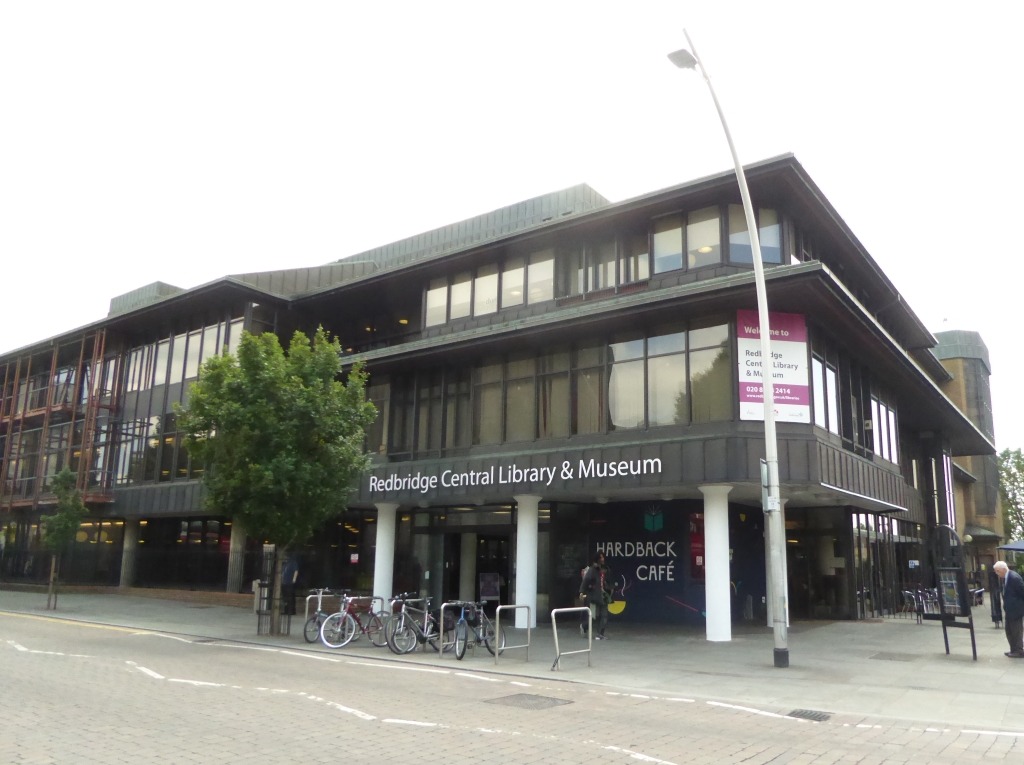The “death-positive library” creates safe spaces through literature
Redbridge Central Library, a library in Ilford, has curated a collection of books to help people deal with death, dying and loss. The aim of this innovative selection is to encourage people to talk more openly about these things, and to end the stigma around exploring and discussing the experience of death. As a bookworm myself, my first encounter with grief was through reading fiction. Death is one of the most difficult topics to accept and understand as humans, so sharing it through the art of literature becomes a way for many to process it and deal with their own emotions. But is it possible to become “death-positive”?
There is no correct way to handle death. Some people shut down and need time for themselves, others reach out to cope with loss and grief. But there’s no point in denying that talking about death, and the concept of dying is hard for everyone, no matter how present or absent it is in our lives. For those who have lost, and for those who are there to listen, we usually tip toe around the subject, due to the awkwardness and the pain we might cause. We can’t seem to shake the taboo of our inevitable deaths.
Libraries can become a trusted space, a bubble protected from the judgement of the outside world, where we exchange thoughts and come out feeling refreshed
This scheme seems like a great idea to spark conversations that we might otherwise be too scared or stigmatised to start. The initiative not only includes book recommendations, but it has organized reading groups, author talks and “death cafes”, among other activities. This creates a safe space for those who struggle to find ideas that will open their eyes to another perspective on death, or for those who are at a loss for words when it comes to expressing what they are feeling.
As much as our family and friends can be there for us, these complex emotions are difficult not only to process, but to support from the point of view of the outsider. Reading is, at times, an intimate activity, but being able to share your thoughts, whether through the filter of fiction or not, can be very liberating. It is normal to feel lonely in a society that refuses to talk about it, and that is after all scared of a process that is natural to our existence, although not less painful because of it.
By encouraging a “death-positive” environment, we are removing a barrier to explore what surrounds death and the loss that comes with it. We are creating ways to cope with grief, to improve our wellbeing and to accept what might come next. Death is seen as a tragedy, as a worst-case scenario, but what the authors featured in this new collection prove, is that there are many ways we can see loss and even our own death, and that it is okay to feel comfortable talking about it. Especially in 2021, after abruptly losing loved ones, treating loss like an important part of our lives that should be talked about seems more relevant than ever.
This scheme seems like a great idea to spark conversations that we might otherwise be too scared or stigmatised to start
Therefore, this shows how valuable books and literature discussions can be for our wellbeing. According to The Guardian article on the scheme, 60% of participants said they felt more comfortable talking about death and loss in a safe space, such as a discussion group in a library. Despite the growing opinion that books and reading spaces are getting lost in the technological advancement that keeps us glued to our phones, more than 5,000 people participated in the online events organized by the libraries that have joined this initiative, which is set to be rolled out nationwide thanks to its success during the pandemic. So far, 58 libraries have expressed interest to the charity Libraries Connected, which is working to help all libraries become “death-positive”. Libraries can become a trusted space, a bubble protected from the judgement of the outside world, where we exchange thoughts and come out feeling refreshed.
Many taboos would do an immense good to our society if they were removed, but this is no easy job. Hopefully, initiatives like this one, which focus on creativity, will make us more open and understanding about the complexities of life, and will keep providing a healthy space to cope with pain and suffering. This will guide us towards a more understanding and open world.
Image: JuliaC2006 from Rochester, UK, CC BY 2.0, via Wikimedia Commons

Comments